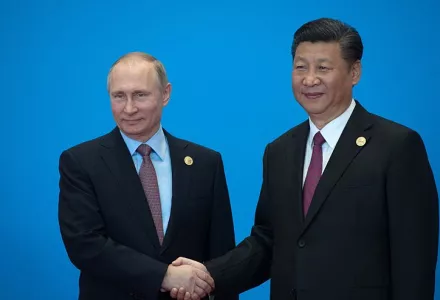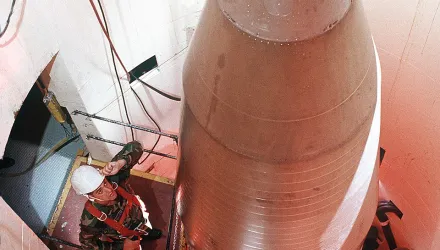Unlocking Eurasian Gateways? China's Belt and Road Initiative and its Implications for U.S. Grand Strategy
Speaker: Thomas Cavanna, Visiting Assistant Professor of Strategic Studies, The Fletcher School, Tufts University
Since its launch by Chinese President Xi Jinping in 2013, the Belt and Road Initiative has become the symbol of China's rising foreign policy ambitions. Yet most studies on the subject remain descriptive in nature or limited in scope, exploring specific themes, regions, or projects. This seminar aims to fill this gap by providing a comprehensive analysis of the Belt and Road Initiative, its multiple dimensions, its prospects of success, and its potential implications for U.S. grand strategy.
Please join us! Coffee and tea provided. Everyone is welcome, but admittance will be on a first come–first served basis.




